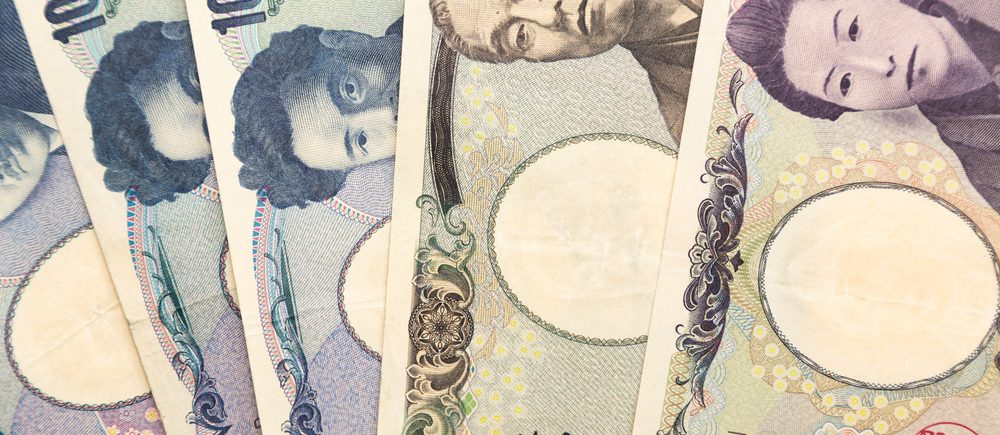Japan’s Nikkei index experienced a modest decline on Thursday, as investors opted to capitalize on recent gains, leading to profit-taking activities. However, the index managed to recover from its early losses, supported by buying demand after dipping below the 39,000-point mark for the first time since late February. The yen’s strength against the dollar added to market dynamics, influenced by comments from a Bank of Japan official suggesting a potential policy shift. Additionally, concerns surfaced as foreign investors turned net sellers of Japanese equities after seven consecutive weeks of buying.
Profit-Taking Spurs Nikkei’s Decline
The Nikkei fell by 0.11 percent to close at 39,166.19 points, marking its second consecutive day of decline. Initially, the index dropped by as much as 0.8 percent, reflecting profit-taking sentiments among investors. However, buying interest emerged as the index approached the key 39,000-point level, cushioning the decline.
Yen Strengthens Amid Bank of Japan Official’s Remarks
The yen strengthened against the dollar following comments by Bank of Japan board member Hajime Takata advocating for a reconsideration of the central bank’s ultra-accommodative monetary policy. This yen appreciation, despite typically being associated with export concerns, did not deter investors, with major companies like Toyota seeing gains.
Toyota Leads Recovery, Tokyo Electron Follows Suit
Shares of Toyota, a bellwether for the Japanese market, rebounded from early losses to close up by 1.43 percent, bolstering the broader Topix index, which ended the day marginally higher. Similarly, Tokyo Electron, a key player in chip-making equipment, reversed its early losses, closing up by 1.04 percent.
Concerns Arise Over Foreign Selling
Despite the market’s resilience, concerns surfaced as data from the Finance Ministry revealed that foreign investors turned net sellers of Japanese stocks after seven consecutive weeks of buying. The shift in sentiment led to net sales totaling 200 billion yen ($1.33 billion) in the week ending February 24, contributing to market jitters.
Conclusion: Navigating Market Volatility Amidst Shifting Sentiment
As the Nikkei experiences fluctuations driven by profit-taking, currency dynamics, and foreign investor sentiment, market participants navigate an environment characterized by uncertainty. While profit-taking activities and yen strength present short-term challenges, the market’s resilience and buying demand suggest underlying confidence in Japan’s equities. However, ongoing vigilance is warranted, as shifts in foreign investor sentiment could influence market dynamics in the near term.
 Noor Trends News, Technical Analysis, Educational Tools and Recommendations
Noor Trends News, Technical Analysis, Educational Tools and Recommendations





